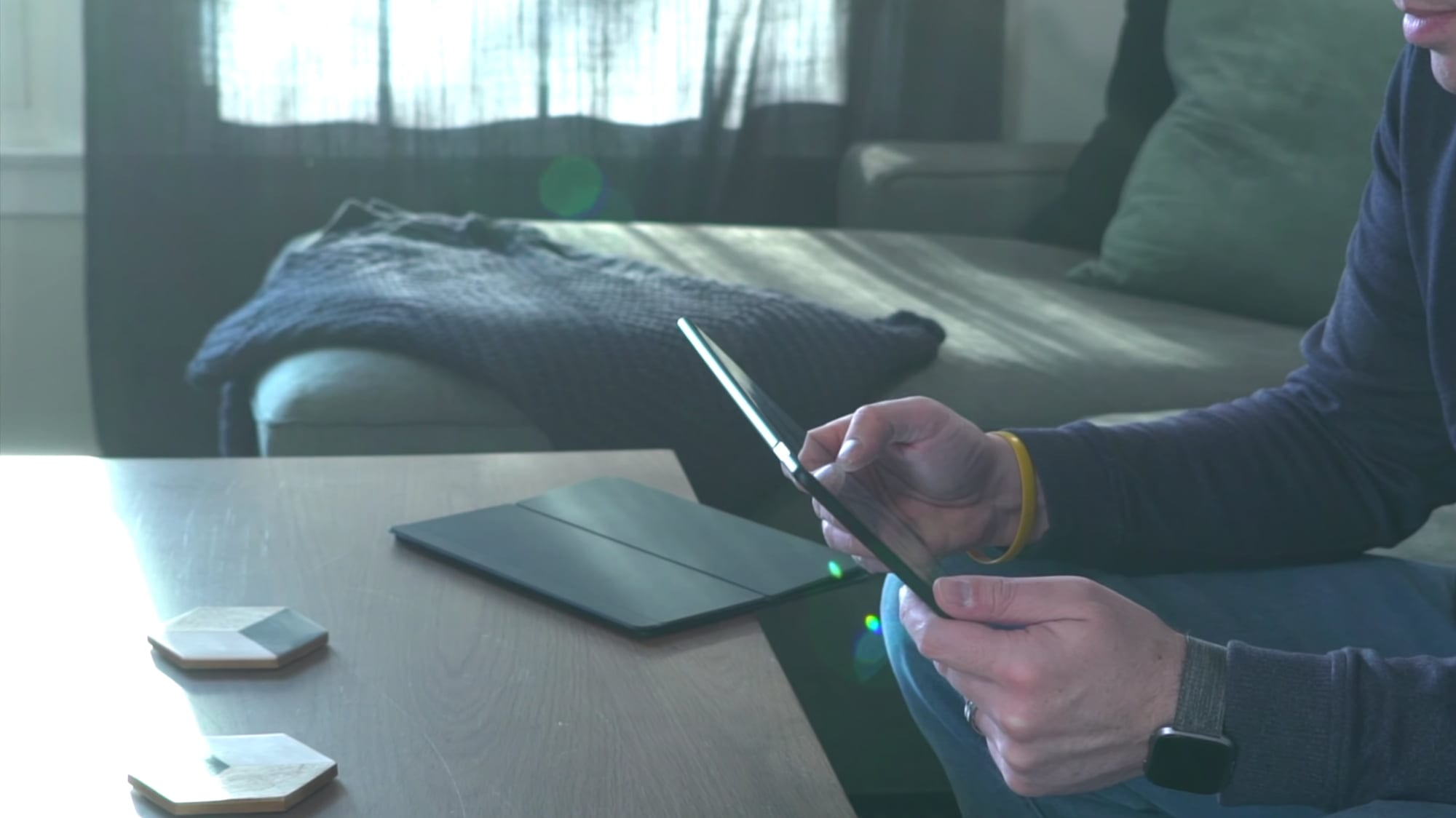
Back in August of 2018, a few stories went around stating that Google was working on a facial recognition feature for Chromebooks and, to be perfectly honest, I couldn’t find any real evidence at the time pointing to anything beyond facial recognition for cameras.
After all, modern mobile cameras use facial recognition all the time, just not in a security fashion. Finding a face in the middle of a bunch of other noise in a photo is helpful for focus, blur effects and overall photo composition.
When I saw this earlier commit, I’d convinced myself that’s all it was: an update for the camera app on Chromebooks. And, to be fair, not much has surfaced since then in the way of Chromebooks getting face unlock.
Either way, it looks like I was wrong to dismiss this.
New Evidence
Last night, when searching the repositories for something unrelated, I saw this commit and its contents:
chipset-kbl: add ebuild for Intel Photography Vision Library
The Intel Photography Vision Library provides the face detection function used by the camera HAL.
Also consolidate the licenses for the following packages to BSD-Intel+patent-grant:
– intel-3a-libs-bin
– intel-pvl-libs-bin packages
– cros-camera-hal-configs-poppy
– cros-camera-hal-configs-nautilus
– cros-camera-hal-configs-atlas
BUG=b:113290327
CQ-DEPEND=CL:1356919
TEST=`build_packages –board nocturne` TEST=tryjob
My first question was around the addition of the Intel Photography Vision Library. What is it and what will it bring to Chrome OS? The second part that caught my attention was the list of devices being tested with this: ‘Poppy’, ‘Nautilus’, and ‘Atlas’. For reference, ‘Poppy’ is a baseboard that the HP Chromebook x2, Samsung Chromebook Plus v2, and the Pixel Slate are built on. ‘Nautilus’ is the Samsung Chromebook Plus v2 specifically, and ‘Atlas’ is still a mystery (though we still hold that it is the Pixelbook 2).
So, let’s first take a look at the Intel Photography Vision Library. When searching for this, one of the main results of the search is this page highlighting how this library paves the way for facial recognition solutions. Specifically:
The application detects and registers the image of a person’s face into a database. It recognizes known users entering a designated area and grants access if a person’s face matches an image in the database…Here, Intel’s photography vision library is used for facial detection and recognition.
It is quite clear from this that the Intel Photography Vision Library can be used for facial recognition in a security role. If this is indeed what the Chrome OS team is doing, we have to assume that facial recognition-based logins won’t be quite as secure as a PIN or password since this is being added on devices that don’t have anything more advanced than a good camera.
So that brings us to the second piece of this: the devices being worked on. The HP x2, Samsung Plus v2 and Pixel Slate all have improved front-facing cameras when compared with the standard 720p shooter on offer with most Chromebooks.
With all three of these devices, we freely assumed the better front-facing cameras were just an attempt to make video chats a better overall experience. It appears that there was a bit more impetus behind the move to upgrade these cameras, however, and the addition of this Vision Library may make these newer Chromebooks the first Chrome OS devices that allow face-based logins.
While there’s clearly no time table on offer, you can rest assured we’ll be keeping a keen eye on this development. While I would prefer some more advanced facial or retinal scanning alongside the camera to log into my Chromebook, I do welcome the ability to use facial recognition while at the office. I lock my Chromebook when I walk away from my desk, but I’m not routinely gone for long. I trust my coworkers and don’t think they’ll be trying to spoof my face anytime soon, so I’d use this feature on a daily basis.
HP Chromebook x2 (refurb) from Woot Deals
My guess is, just like other login options (fingerprint and PIN), this will be something that works from the lockscreen but not on a fresh restart. We can also hope that this is phase 1 and that future Chromebooks come with a bit more hardware to solidify the security of your login with just your face.
Leave a Reply
You must be logged in to post a comment.